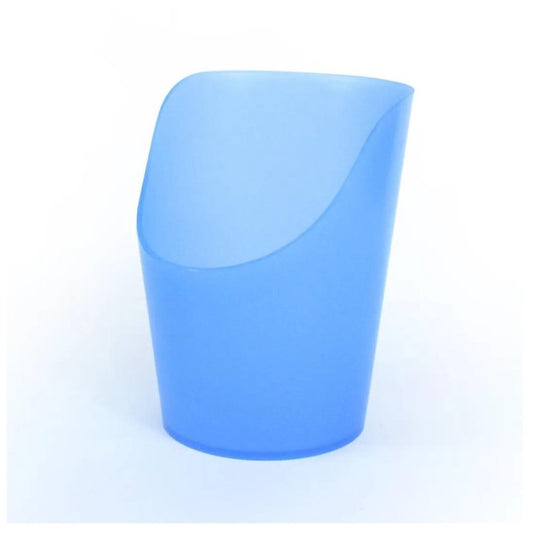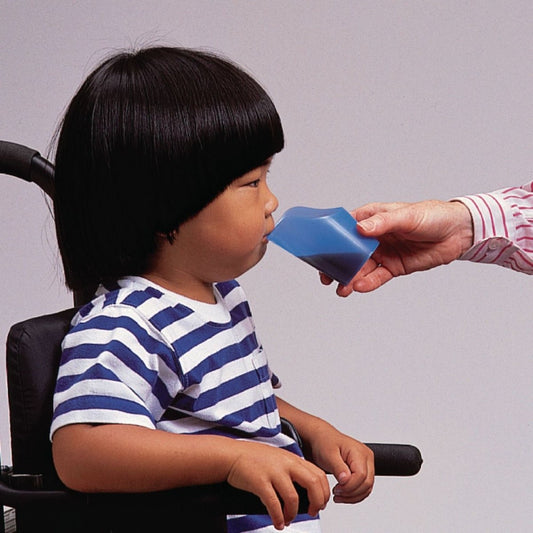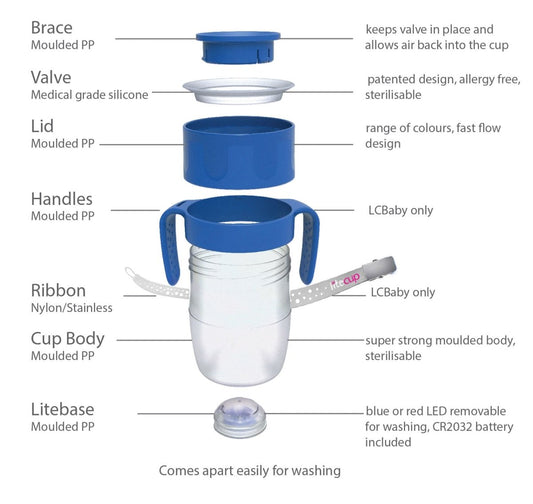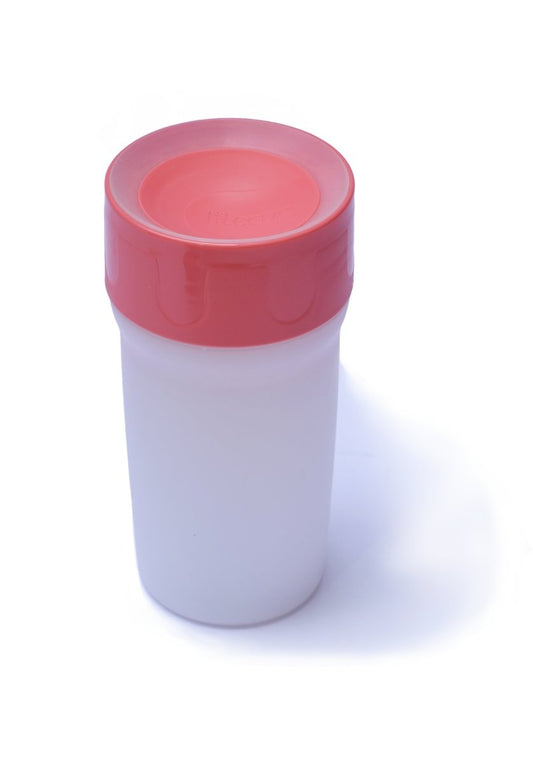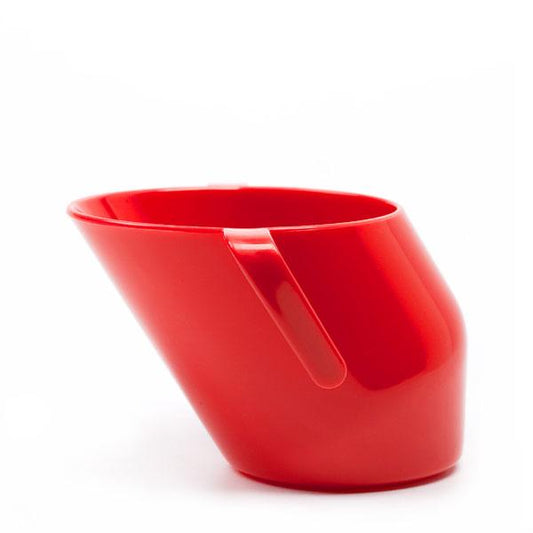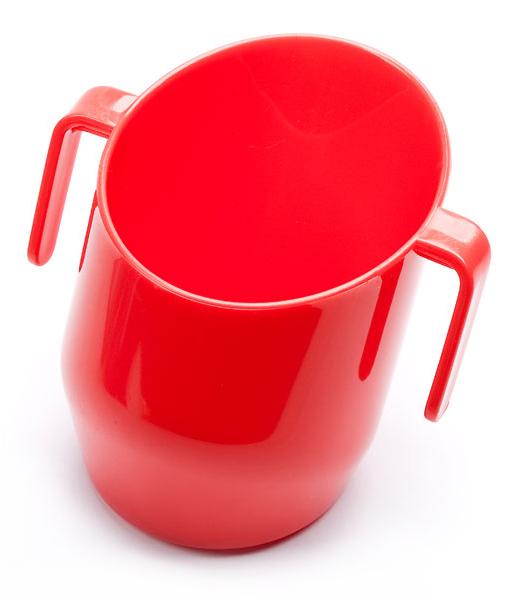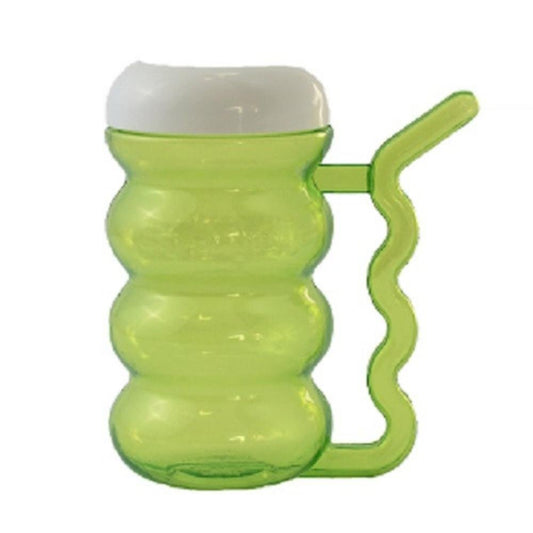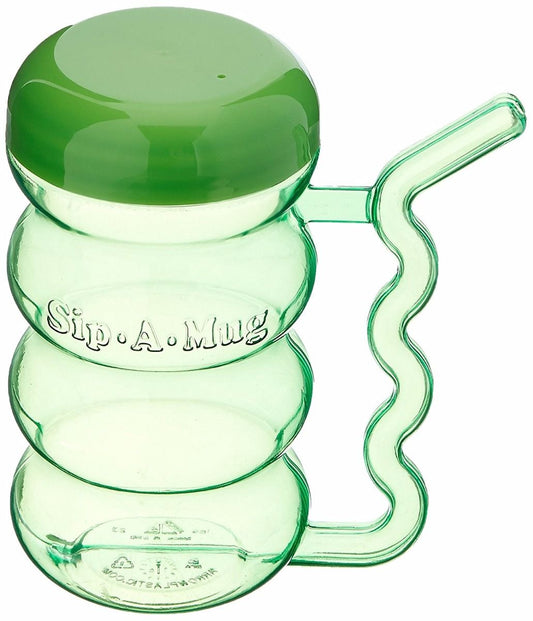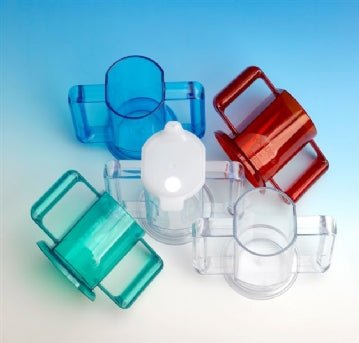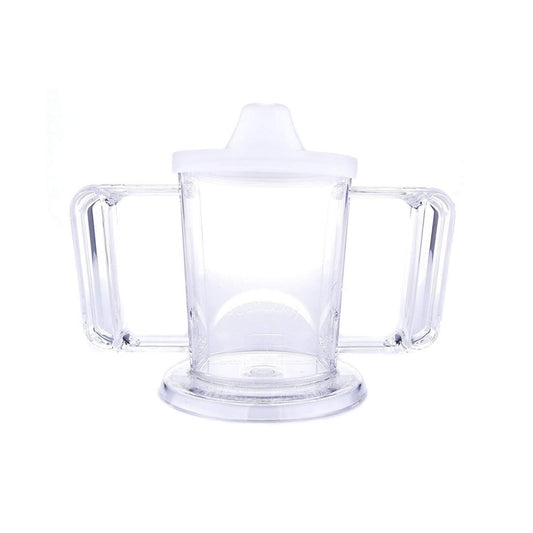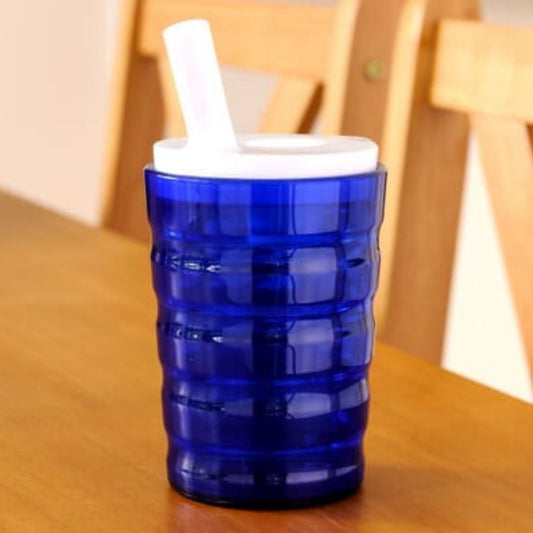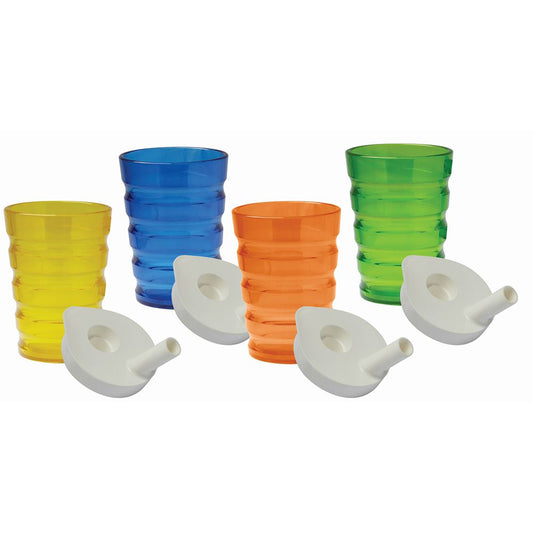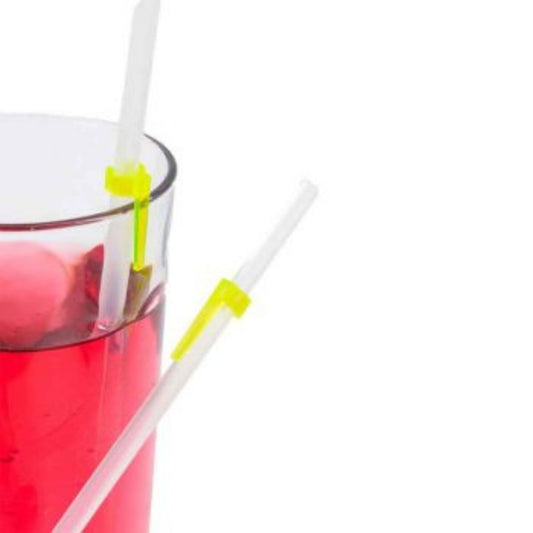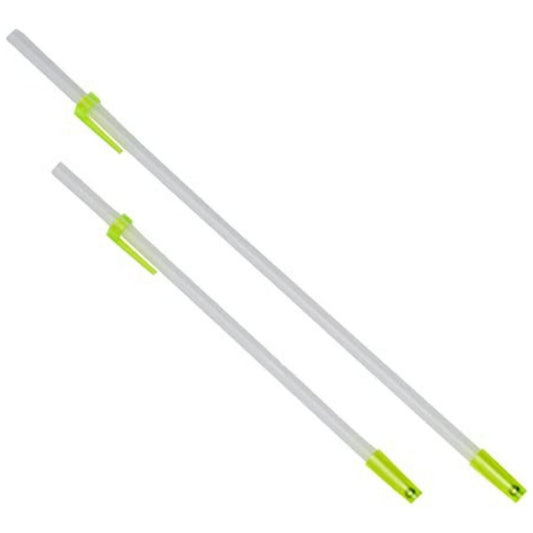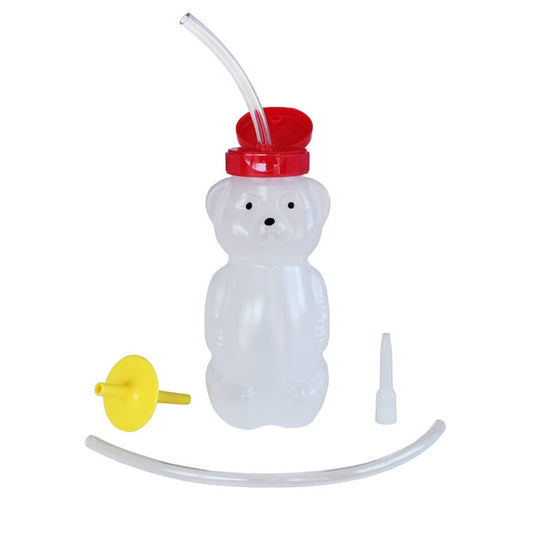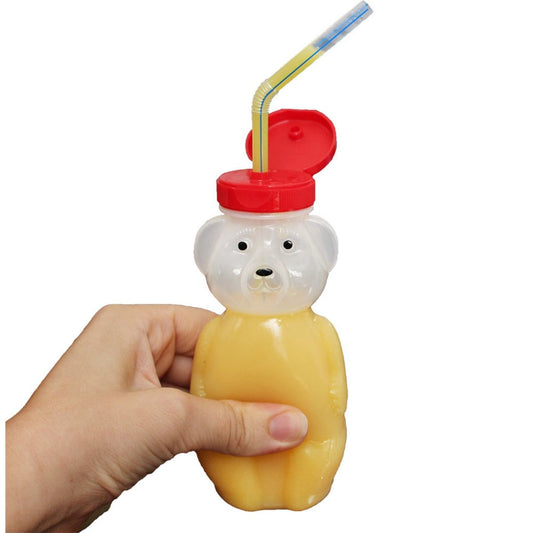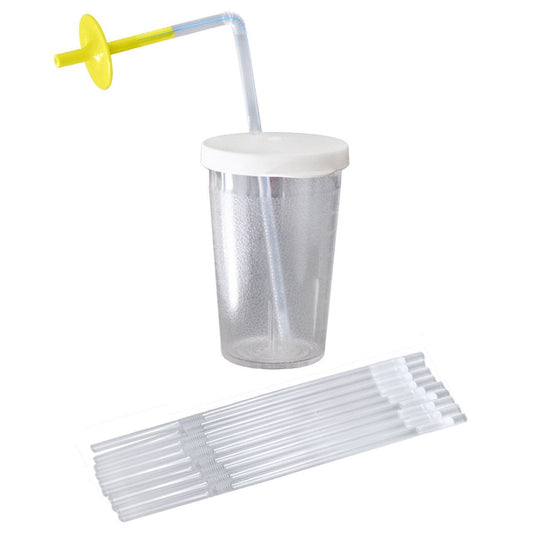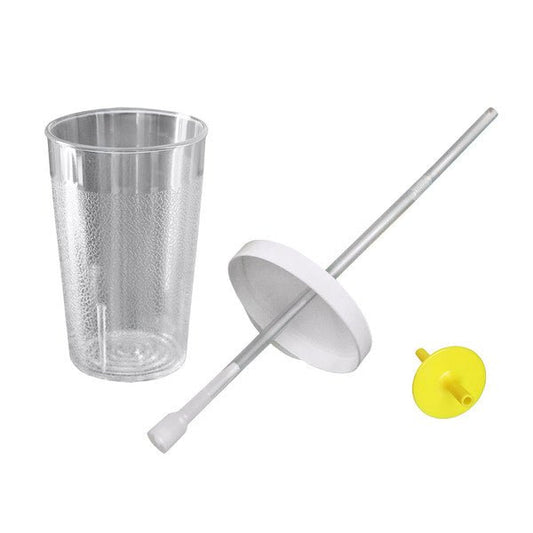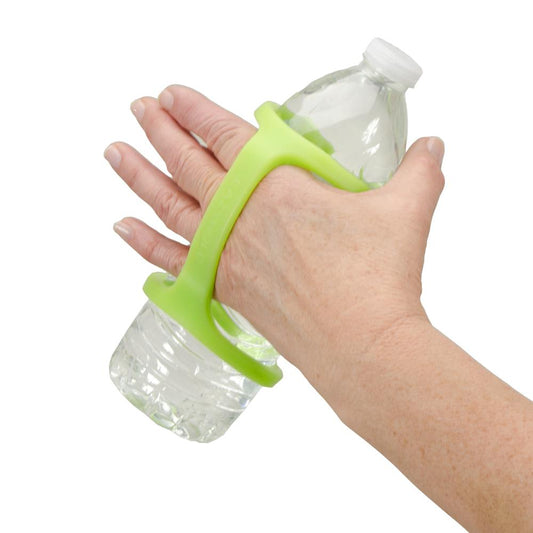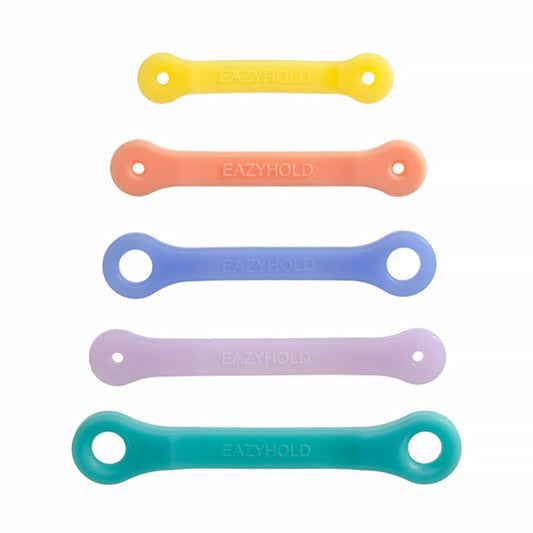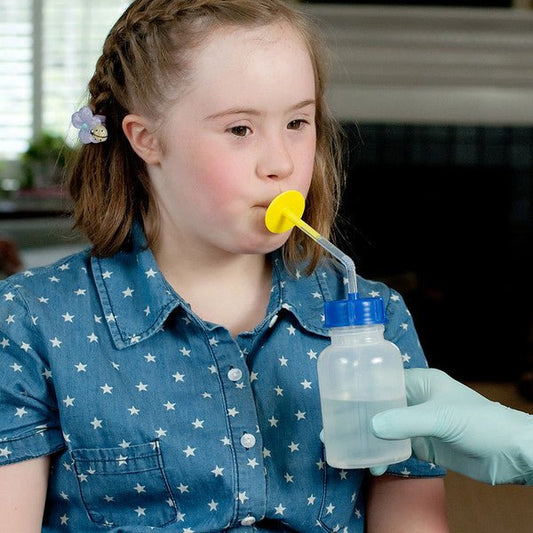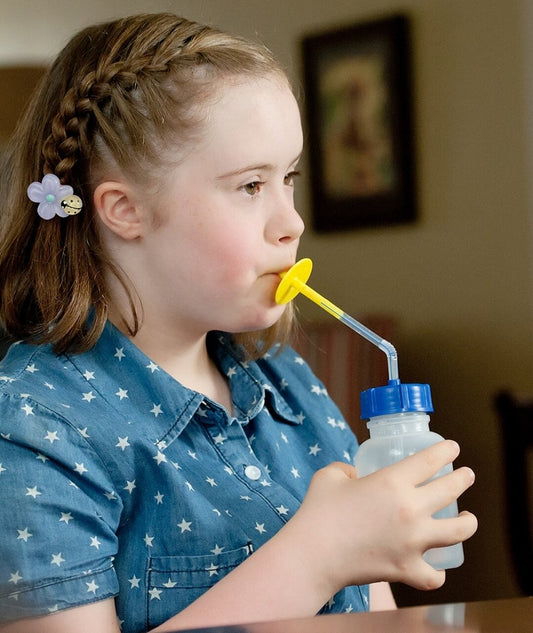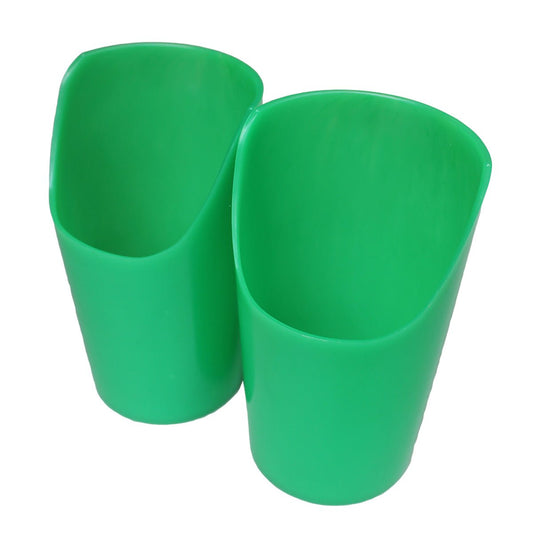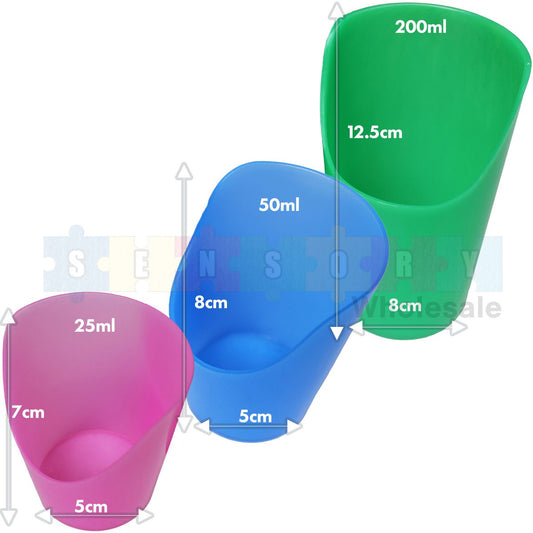Collection: Ajutoare pentru băutură și pahare
Drinking aids are an essential tool for children with disabilities who experience difficulties in drinking or swallowing liquids. These aids are designed to support children with disabilities in their daily activities by providing them with safe, comfortable, and convenient ways to drink fluids. Here, we will explore some of the drinking aids that can help children with disabilities.
Sippy Cups
Sippy cups are a popular drinking aid for children with disabilities. These cups come with a spout and a lid, which prevent spills and make it easier for children to drink without spilling or choking. They are ideal for children who are still learning how to drink from a cup.
Straws
Straws are an excellent drinking aid for children with disabilities who have difficulties in swallowing liquids. Straws can be used with a wide range of drinks, including water, juice, milk, and other beverages. They can be easily held and manipulated, making it easier for children to drink at their own pace.
Adaptive Cups
Adaptive cups are specially designed cups that cater to the specific needs of children with disabilities. These cups come with a range of features, including handles, spouts, and straws, that make them easier for children to hold and drink from. They are ideal for children with mobility or dexterity issues.
Oral Motor Therapy Tools
Oral motor therapy tools are designed to improve the strength and coordination of the mouth and throat muscles, which can help children with disabilities to swallow liquids more easily. These tools include vibrating straws, chewy tubes, and oral exercises.
In conclusion, drinking aids play a crucial role in supporting the daily activities of children with disabilities. Sippy cups, straws, adaptive cups, and oral motor therapy tools are some of the drinking aids that can help children with disabilities to drink safely, comfortably, and independently. It is essential to consult with a healthcare professional to determine the most suitable drinking aid for your child's needs.

